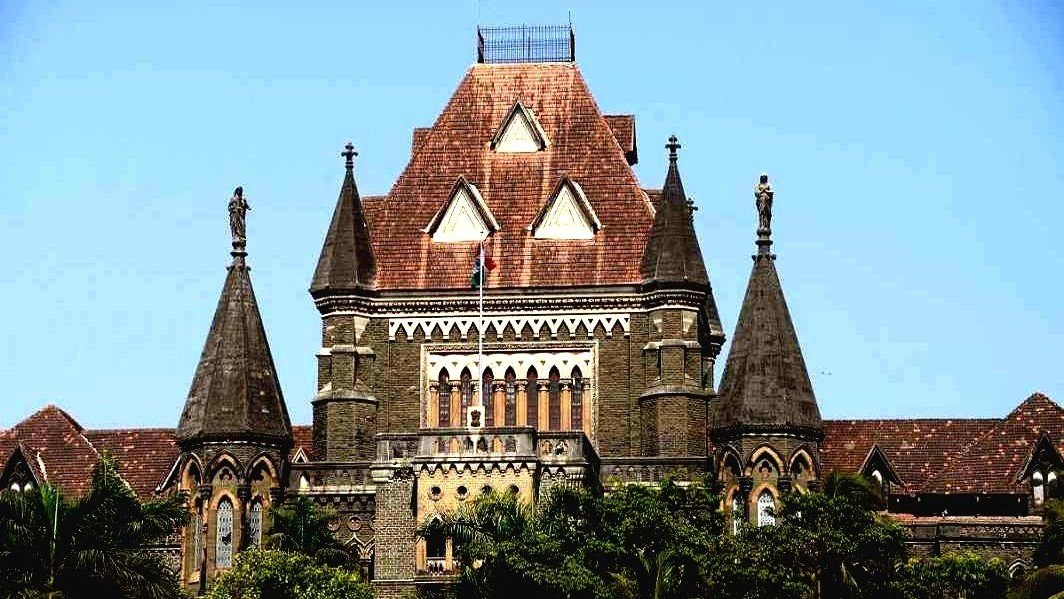Mumbai: The Bombay High Court has upheld the closure orders of stone-crushing plants, noting that the Mumbai Trans Harbour Sea Link, also known as Atal Bihari Vajpayee Atal Setu, is a “premium infrastructure project of national importance”.
The Court noted that the closure orders were a necessary “pro-tem (for the time being) measure” until a thorough inspection and verification is conducted by Indian Institute of Technology (IIT) or any other competent institution to determine whether there is any connection between the operation of stone crushers and cracks on the Atal Setu.
“Trans Harbour Sea Link is one of the premier infrastructure projects of the Country undertaken after incurring of expenditure thousands of crores of rupees. It offers a crucial link for entry and exit to Mumbai City. Such a structure cannot be put to risk on account of operation or activities such as mining, blasting and stone crushing,” Justice Sandeep Marne said on August 13.
The HC was hearing petitions filed by owners of stone crushing plants challenged the closure orders passed by Sub-Divisional Officer (SDO).
Senior Advocate Anil Sakhare, appearing for the petitioners, argued that there was no concrete evidence to suggest that their operations were causing damage to the sea-link. Further, the orders were arbitrary and based on mere allegations without scientific backing.
Sakhare added that the plants provide employment to a large number of people and that the closure would lead to significant financial losses.
Public Prosecutor Hiten Venegaonkar justified closure stating that the stone-crushing activities posed a significant threat to the integrity of the sea-link and public safety. The State had a responsibility to protect critical infrastructure from potential harm caused by nearby industrial operations.
Citing news reports of cracks in the sea link, Venegaonkar said that the concern stems from the stone crushing activity. Hence, immediate action was necessary to mitigate any risks until a formal assessment could confirm the extent of the damage.
The court remarked that the closure was a precautionary measure until expert agencies could submit their findings. It said that only experts report could determine whether the stone-crushing activities were causing any damage to the bridge.
“Alleged developing of cracks to the structure is only one of the reasons why the closure order is made for now,” Justice Marne said.




